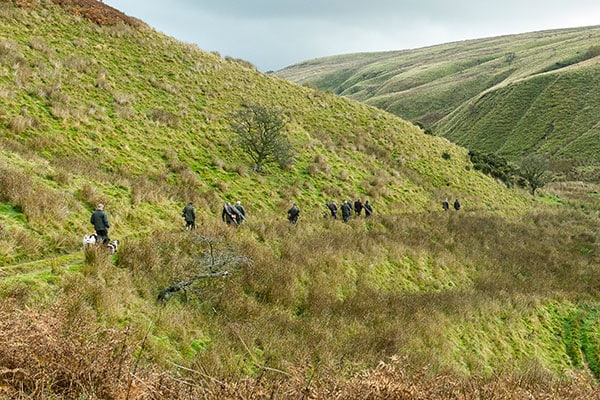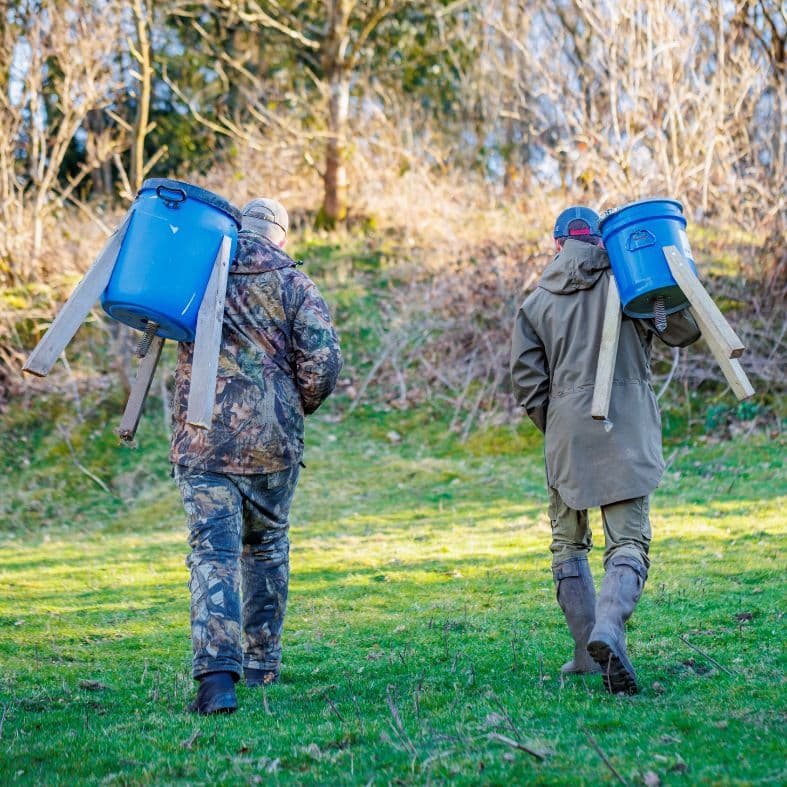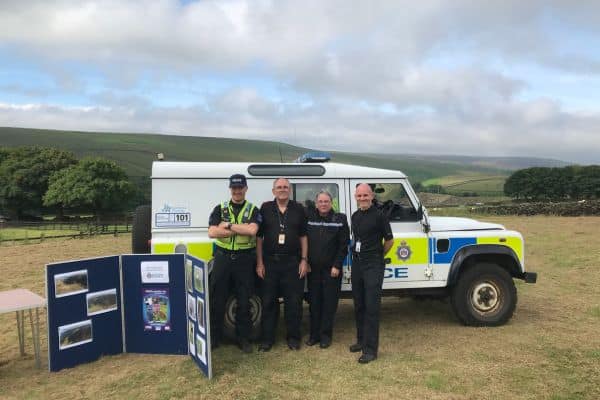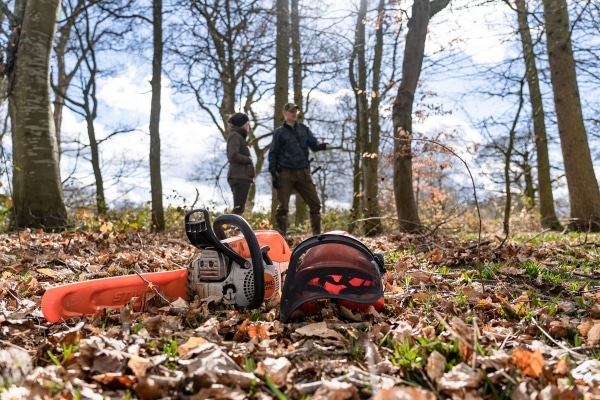
Shooting leases and shooting agreements
To secure your shooting opportunity, BASC strongly recommends that you take out a lease or shooting agreement with your landlord.
Get information on the legal shooting season for mammals and birds in the UK.
Apply for funding for your project or make a donation today
Comprehensive information and advice from our specialist firearms team.
Everything you need to know about shotgun, rifle and airgun ammunition.
Find our up-to-date information, advice and links to government resources.
Everything you need to know on firearms law and licensing.
All the latest news and advice on general licences and how they affect you.


Home » Gamekeeping » Gamekeeping advice » How can I get started as a gamekeeper
Today, there are more than 5,000 full-time gamekeepers employed in the UK. In addition, there are many who spend their leisure time and money, rearing game and maintaining habitats on their own small shoots.
A gamekeeper can be professional or amateur but their role is the same, to look after and encourage the game population on a shoot. They may do this by protecting wild stock and enhancing its breeding potential or by rearing and releasing game birds.
Their skills play an important part in shaping the countryside in both upland and lowland areas.
It is necessary to create a suitable environment for a healthy game population. The gamekeeper achieves this by working alongside the landowner, farmer, shoot manager and sometimes external governing agencies to improve and create habitats on the shoot. These provide food, nesting cover and shelter for gamebirds.
If you are looking at gamekeeping as a career choice then there are a range of courses at colleges across the country such as Game and Wildlife Management level three and Land and Wildlife (Game) – Level 2 Technical Certificate
It aims to support and encourage those wishing to develop their knowledge in conservation, land management or gamekeeping.
It provides financial assistance to applicants where lack of funding obstructs education and future careers.

To secure your shooting opportunity, BASC strongly recommends that you take out a lease or shooting agreement with your landlord.

Gamekeepers and the shooting community are often those most affected by, or witness to, poaching and rural crime.

Find out how you can make the most of woodland areas to enhance your shoot, create wildlife habitat and bring environmental benefits.